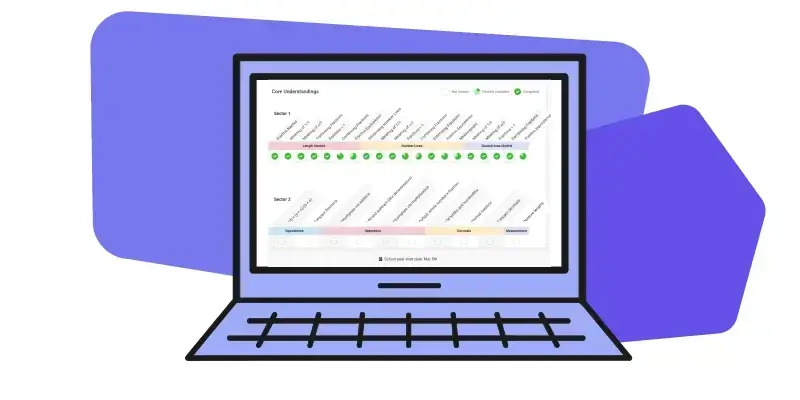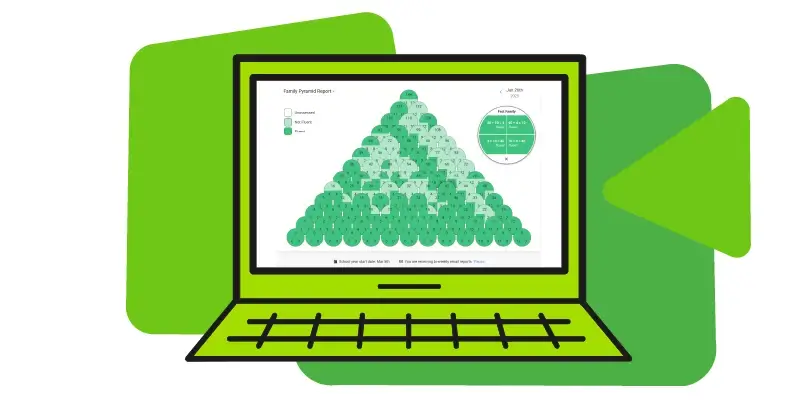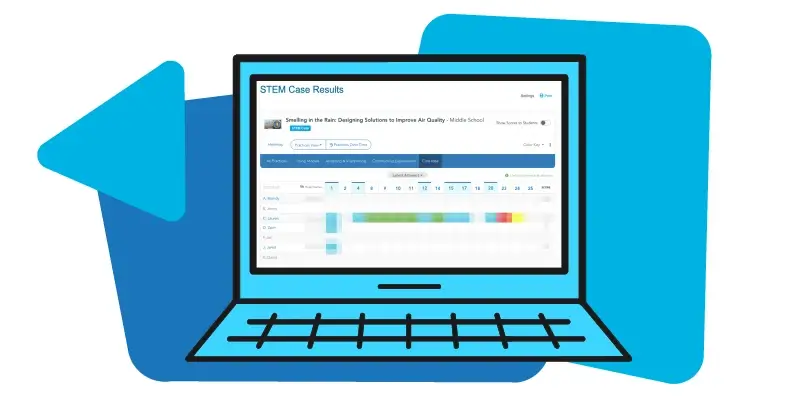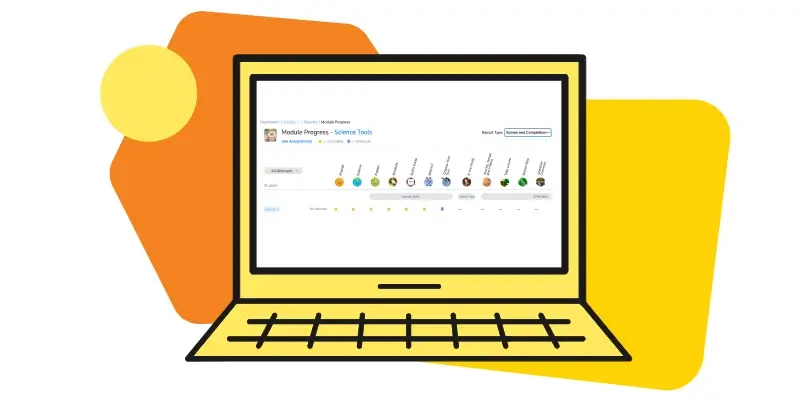How to Share Student Success in Parent-Teacher Conferences

When parent-teacher conference time rolls around, there’s a lot to consider. The first hurdle is scheduling all those conferences and adding placeholders to the list for bathroom breaks. Some families require more than a single time slot. Certain conferences must include other teachers and specialists who work directly with the students. What about caregivers who can’t take off from their jobs or work nights and sleep during the day? How can teachers accommodate those requests? What about language barriers? Ensure someone is there to translate the conversation, maybe even the student. Does the principal need to be involved in any parent conferences?
That’s only part of the preparation for caregiver-teacher conferences. Because teachers want to share strengths and concerns for each child in the classroom, gathering evidence and data for a rich, beneficial conversation is essential.
Ways to elevate student success conversations during caregiver/parent-teacher conferences
Set the stage for a chat that feels respectful and meaningful. Conference schedules are tight, so it’s important to make sure that each parent gets their time with the teacher.
- Close the door so that other families waiting can’t hear the conversation.
- Stick to the time. If the conference is supposed to last for 15 minutes and the agenda has them stacked back-to-back, don’t allow conferences to go into overtime.
- Ask parents who need more time to schedule another date in person or by phone.
- Consider setting a timer so everyone knows when time is up or putting a sign on the door for the next parent to knock before entering the room to ensure privacy.
Why are caregiver/parent-teacher conferences important?
Partnering with students’ families is critical. Teachers and parents can learn a lot from each other. Students can be very different at school and home. While teachers can speak to a student’s strengths, academic growth, needs, behaviors, and learning styles, families can share information about the responsibilities and expectations for the child after the school day ends. Teachers need to understand both ends of the spectrum to have a complete understanding of each student.
How do you share student progress and success?
Veteran teachers know to expect anything during parent conferences. Preparation is key! Saving work samples and anecdotal records throughout the quarters and semesters makes it easy to be ready for great conversations.
- Share samples that illustrate the work that you see daily. Discuss both student success and the areas that need attention. Offer a combination of assignments and test scores. Talk about any modifications and individualized instruction used with the student and why those may be necessary and beneficial.
- Consider student-led conferences. This allows students to lead the discussion and talk about their experiences. They know what subjects are easy and which ones are difficult for them. They understand why they sometimes feel distracted or don’t volunteer in class. They’re more than excited to share their successes. Give them the opportunity to advocate for themselves.
- Encourage honest dialogue. When caregivers know teachers are there to do what’s best for their child, they’ll open up. Ask questions and ensure they understand it’s okay to do the same. Find out about their concerns. What about goals for their child?
- Bring on the data. Don’t just pass out a paper showing progress or results, though. Caregivers need some background information. Explain what the data actually means and how it relates to their child’s successes or struggles in the classroom. Share an action plan based on the data.
- Offer ways to support their child at home. This should look different for each student because family situations aren’t the same. Tailor suggestions to fit the child who has many or zero resources at home. Print copies for kids without internet access. Think through plans for the student who cares for siblings while parents work and the one who has a consistent homework routine in the evenings with parents who are available to help.
Using data and edtech products to celebrate student success
ExploreLearning recognizes the importance of data and sharing student progress. That’s why features are available to make this process easier for teachers. With a variety of reports and progress monitoring embedded in these edtech tools, teachers can share student success, growth, and even time spent on the activities with parents.

Frax teachers can find Individual Reports in the Teacher Dashboard. Three reports are available on the Individual Reports sub-menu: Overview (a snapshot of a student's progress), Milestones (individual student's milestones), and Usage (statistics such as total time in Frax and total problems solved).

For Reflex users, five reports are available on the Individual Reports sub-menu of the Teacher Dashboard: Overview, Fact Detail, Milestones, Usage, and Fluency Growth. Parents may be particularly interested in the Fact Detail report, which shows the math facts a student knows and doesn’t know. There are even letters to share with parents ready for use!

Teachers can share Gizmos Student Exploration Sheets and assessments to provide insights about student experiences and understanding of science and math concepts through the virtual labs. Teachers can also sort Gizmos STEM Case heatmaps by practices and skills to speak to specific student progress.

With Science4Us, teachers can share the Student Usage Report to review progress in the different modules. Show work samples from the offline activities and discuss how students receive literacy support through this program.
Families want to know about their students’ academic progress. They’re curious about behavior choices and work habits. More than anything, they want to know that the teacher cares. They want to know the teacher will help their students work to their full potential. After all, teachers often spend more hours a day with their students than parents. Partnering is crucial for a successful school year. That communication starts with parent-teacher conferences. Make each one count!
How can you bring research-driven edtech resources that deliver results to share with the families in your classroom? Take a trial to get started.
Sign up to get the latest updates from ExploreLearning via occasional email.
